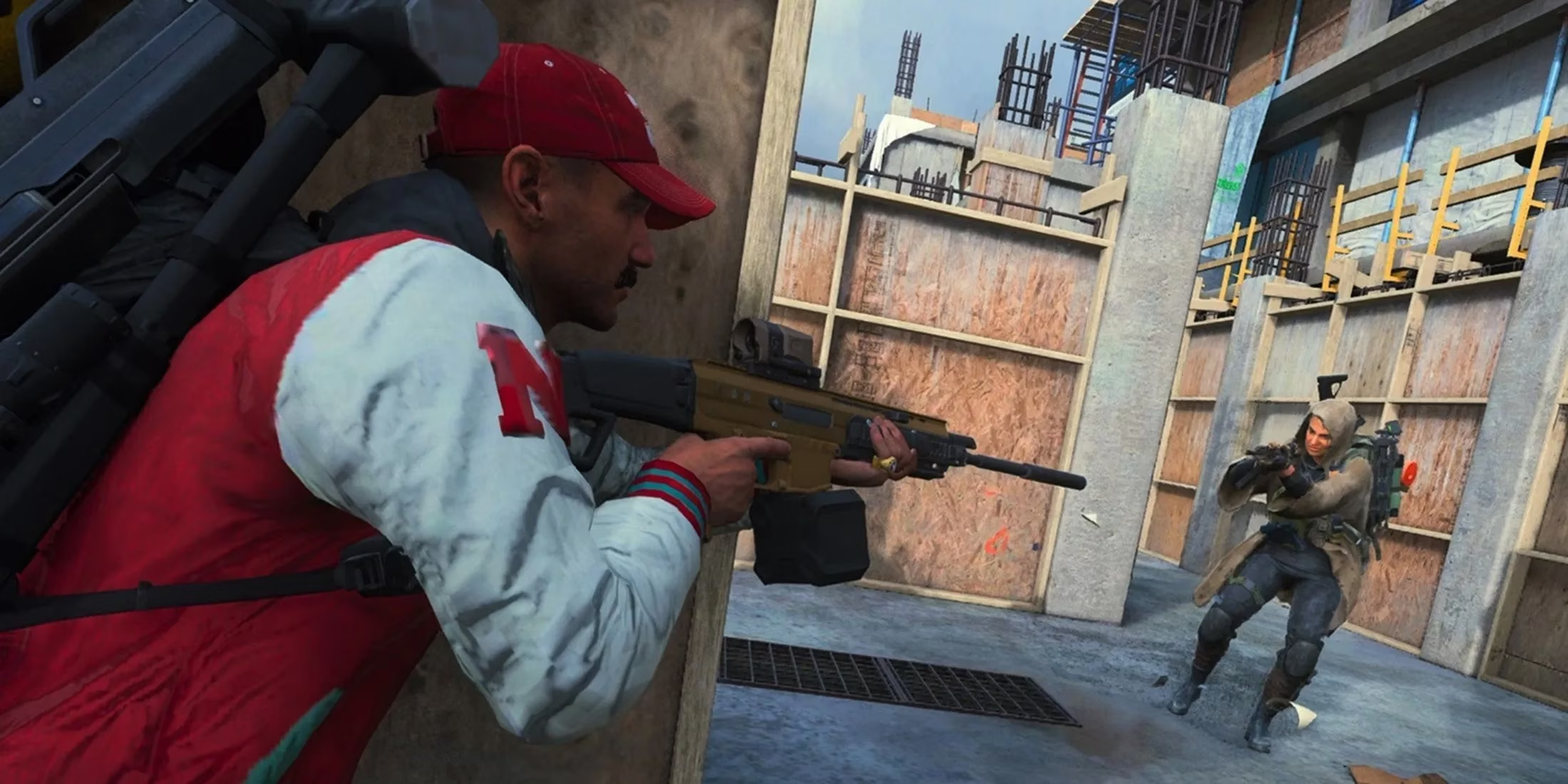Microsoft Layoffs Impact Warzone Mobile Development
Microsoft's gaming layoffs, driven by market shifts, highlight challenges in AAA mobile ports like Warzone Mobile, emphasizing evolving industry dynamics.
As a journalist covering the gaming industry, I've closely monitored the turbulent shifts within Microsoft's gaming divisions. Last year, in September 2024, Microsoft implemented a major round of layoffs that affected approximately 650 employees across its corporate and supporting functions. Among those impacted, the teams behind Call of Duty: Warzone Mobile and Warcraft Rumble faced significant downsizing. This move came as a shock to many, especially considering Warzone Mobile's high-profile launch just months earlier in March 2024. The game, designed to bring the console and PC Warzone experience to mobile platforms, boasted features like 120-player battle royale matches, cross-progression, and multiple game modes. Yet, despite amassing over 50 million pre-registrations, its performance fell short of Activision's ambitious expectations. 
Phil Spencer, Microsoft's head of gaming, clarified that these layoffs weren't tied to the Activision Blizzard acquisition but were instead a strategic adaptation to shifting market priorities. He emphasized the need to manage game lifecycles more effectively, pointing out that Warzone Mobile simply didn't resonate with players as strongly as the main Warzone titles. By early 2025, the development team had been scaled down, leading to reduced updates and content for the mobile version. This downsizing was part of a broader trend, as Microsoft had already cut about 2,550 jobs in its gaming divisions throughout 2024, starting with 1,900 layoffs in January. These earlier cuts stemmed from redundancies after multiple acquisitions, highlighting the volatile nature of the industry.
Warzone Mobile's struggles raise questions about the viability of AAA mobile ports. Why did such a promising launch fail to sustain momentum? One key factor is player preference: many gamers remained loyal to the console and PC versions, especially with the anticipation for Call of Duty: Black Ops 6, which launched in October 2024. That title broke engagement records during its beta, drawing attention away from mobile efforts. Moreover, the mobile market is fiercely competitive, with titles like Call of Duty Mobile by TiMi Studio Group continuing to dominate. Activision had hoped Warzone Mobile would make a huge splash, but post-launch analytics revealed stagnant user growth and retention issues by mid-2025. This isn't just about one game—it reflects a larger industry challenge where high-budget mobile adaptations often struggle to replicate the depth of their console counterparts.
People Also Ask:
-
What caused the layoffs at Microsoft's gaming divisions? The layoffs were driven by the need to adapt to changing market demands and optimize resources, not the Activision Blizzard merger.
-
How has Warzone Mobile performed since the layoffs? As of 2025, the game sees fewer updates and lower player engagement compared to its peak at launch.
-
What is the future of AI in gaming development? AI technologies are increasingly used to enhance player experiences, such as analyzing combat data for personalized strategies, which could help streamline development in downsized teams.
Looking ahead, Microsoft has shifted focus to more profitable ventures like Black Ops 6, which continues to receive strong support alongside Warzone updates. The company is also exploring AI-driven innovations to boost efficiency—imagine AI generating dynamic content or optimizing NPC behaviors, which could fill gaps left by reduced teams. As we stand in mid-2025, it's clear that the gaming landscape is evolving rapidly. But one open question lingers: Can Warzone Mobile reinvent itself to capture the mobile market, or will it serve as a cautionary tale for future AAA mobile endeavors?